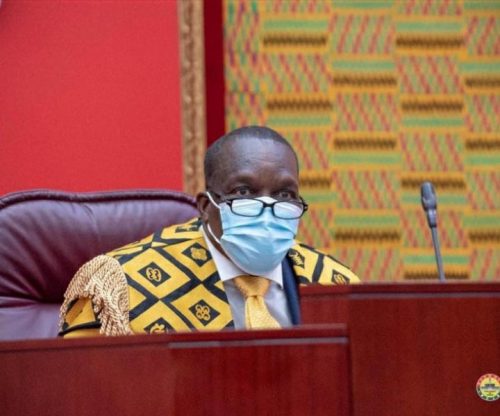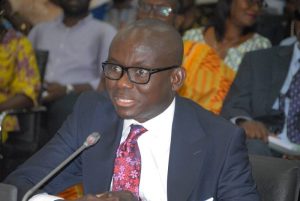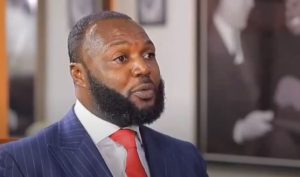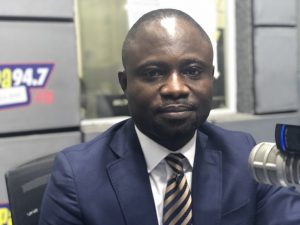Mr Alban Sumana Bagbin, Speaker of Parliament, has called on the country to learn from the Denmark experience on involving the youth in its democratic governance for inclusive development.
He said Denmark had placed priority on its youth development and appointed some of them as advisers to Ministers to ensure social democratic governance.
Mr Bagbin said the sustainability and long-term vision of any democratic policy depended on the youth, and urged African leaders to give prominence to the youth to equally and effectively participate in all areas of leadership.
The Speaker of Parliament made the call on Wednesday at a webinar forum on “Inclusive Party Governance and the Future of Democracy” organized by the Institute for Democratic Governance in collaboration with the Embassy of Denmark and the Ghana Centre for Democratic Development.
He said it was imperative for leadership of political parties to engage the youth in policy formulation from the beginning to the end and not push the decisions on them, saying, “The youth understand their own problems”.
“We need to create opportunities for the youth to participate in governance to gain the needed experience and contribute to nation building in future”.
Mr Bagbin pledged to partner with civil society organizations to reach out to all political parties to institute a collaborative engagement with the youth in policy decisions to strengthen democratic values.
He said Ghana and Denmark shared common democratic values and both were committed to expand the frontiers of democracy, adding that even though there were threats in practicing democracy, there was the need to work together to ensure inclusive governance.
Mr Mogens Lykketoft, former Speaker of Parliament in Denmark, said his country had a strong engagement with the youth, citing youth involvement in addressing the menace of climate change in recent times.
He said the young generation was vibrant and willing to participate in democratic governance, stressing that there was the need for countries to give the youth more opportunities to explore through learning and take up the leadership mantle in future.
Mr Emmanuel Ametepey, Executive Director, Youth Advocates Ghana, urged government to create the enabling environment for the youth to participate fully in democratic governance and not only be used for political campaigns and violent activities.
He commended government for initiating the free Senior High School policy to ensure access for all students, but called for an expedited action on expanding infrastructure to address the challenges of congestion in schools.
“There is the need to a build a culture that will embrace long-term learning in schools to improve students’ performance for socio-economic development”, he said.
Mr Ametepey called on authorities and civil societies to continue to educate young girls on their sexual and reproductive rights to be productive in life since some of them dropped out of school due to teenage pregnancy.
Ms Malene Bentsen Laursen, the United Nations Youth Delegate, said non-inclusion of the youth in policy making had gradually led to a negative shift in the tone of public debate on national issues with 57 per cent of them saying that they are less likely to participate in the democratic process.
She noted that several protest movements had sprung up to fight for their rights and hence called on politicians to give recognition to the concerns of young people and allow them to engage in policy making, adding that inclusive governance was a way of overcoming challenges in the democratic process in both Ghana and Denmark.
Ms Laursen urged political leaders to take responsibility of ensuring that political debates were organized effectively and not allow race, tribe or any form of affiliation to be a hindrance to the inclusion of the youth in decision making.







